- 53 Posts
- 56 Comments

 41·3 months ago
41·3 months agoApple discontinued its own Apple Pay Later service in favor of just integrating third-party payment services, like Affirm: https://9to5mac.com/2024/06/17/apple-pay-later-united-states-ending/
Friendly reminder that we have already identified and largely fixed a climate change problem, the depletion of the Ozone layer, and we can fix other problems too:
The Montreal Protocol is considered the most successful international environmental agreement to date. Following the bans on ozone-depleting chemicals, the UN projects that under the current regulations the ozone layer will completely regenerate by 2045, thirty years earlier than previously predicted.

 9·3 months ago
9·3 months agoEven if official support isn’t possible past a certain point (Google and Samsung are pushing 7+ years, fwiw), all phones need to have a bootloader unlock mechanism for unofficial support past that point. LineageOS or mobile Linux with some broken functionality is still better than nothing.
A $600 PC with a dedicated graphics card is probably going to have a worse CPU than an M2 or M3 Mini, and probably no Thunderbolt. You would only be cross-shopping a PC like that with a Mac Mini if you were thinking of graphically-demanding productivity work, like video editing or Blender. If it’s for gaming then the Mac wouldn’t be in the running at all.
Ghost managed hosting gets more expensive as you get more subscribers, I don’t think Patreon does. You also have to set up the payments processor yourself (usually Stripe), and if you self-host, you need to set up an email service like Mailchimp. Ghost also has much more basic community features than Patreon, and doesn’t do per-user RSS feeds, so stuff like subscriber-only podcasts are more difficult.
The M2 Mac Mini is $599, or $499 if you can get the education discount. There is not a (new) Windows PC in that price range that has the same performance (especially performance-per-watt) and Thunderbolt 4. The M1 MacBook Air is getting a bit old, but it’s on sale for $600-700 pretty often and will knock the socks off most PCs in that price range, especially in build quality.
Apple’s pricing gets ridiculous when you try spec’ing up with certain memory or storage upgrades, sure, and most internal upgrades are a no-go. The base models of most of their computers are incredibly competitive, though.
Weird way to say you would do anything but support creators directly.
I have informed myself. There is nothing personally-identifiable in the data Mozilla collects in Firefox: https://support.mozilla.org/en-US/kb/telemetry-clientid
Technical data includes information about your Firefox version and language, device operating system and hardware configuration, memory, basic information about crashes and errors, outcome of automated processes like updates and safebrowsing. When Firefox sends data to us, your IP address is temporarily collected as part of our server logs. IP addresses are deleted every 14 days.
There’s a lot of people on here that see literally any telemetry or analytics as evil, even though it’s a necessary component for any software at the scale of Firefox (especially automated bug reports). Mozilla makes it clear they collect as little data as possible: https://support.mozilla.org/en-US/kb/telemetry-clientid
Telemetry is not privacy-invading, it’s pretty well anonymized. It’s also a lot easier to change the search engine than it is to download a completely different web browser.
Firefox doesn’t invade anyone’s privacy.
If you want to beat inflation, dump the money in a high-yield savings account, or a 401k, or a stock index, or any of the other options that have something resembling banking protection/regulation. There are so many better options than a speculative investment that you lose entirely with a social engineering attack or a SIM swap.
Bitcoin’s value is significantly more volatile than the US Dollar.
Firefox is faster than Chromium in many benchmarks, depending on the OS: https://arewefastyet.com/win10/benchmarks/overview?numDays=60

 323·5 months ago
323·5 months agoGoogle worked on Privacy Sandbox/Topics API/FLoC for at least five years, and it couldn’t get something that advertisers, regulators, and users could all agree on, so it’s just falling back to the thing that worked (but has next to zero privacy protections). Sigh.

 75·5 months ago
75·5 months agoThat’s a whole lot of link rot about to happen.

 1·5 months ago
1·5 months agoNothing specific, just that Chocolately is what I’ve used the most over the years and seems to be pretty reliable.

 8·5 months ago
8·5 months agoI’m sure a lot of people on Lemmy can figure out package managers, but I wanted to try writing a guide more aimed at beginners that can be shared with people trying to figure out
yt-dlp. I only found one other guide like this outside of random Reddit threads and comments, and it was pretty long and technical.If you like this article, please consider following the site on Mastodon/Fedi, email, or RSS. It helps me get information like this out to a wider audience :)

 31·6 months ago
31·6 months agoIf you like this article, please consider following the site on Mastodon/Fedi, email, or RSS. It helps me get information like this out to a wider audience :)

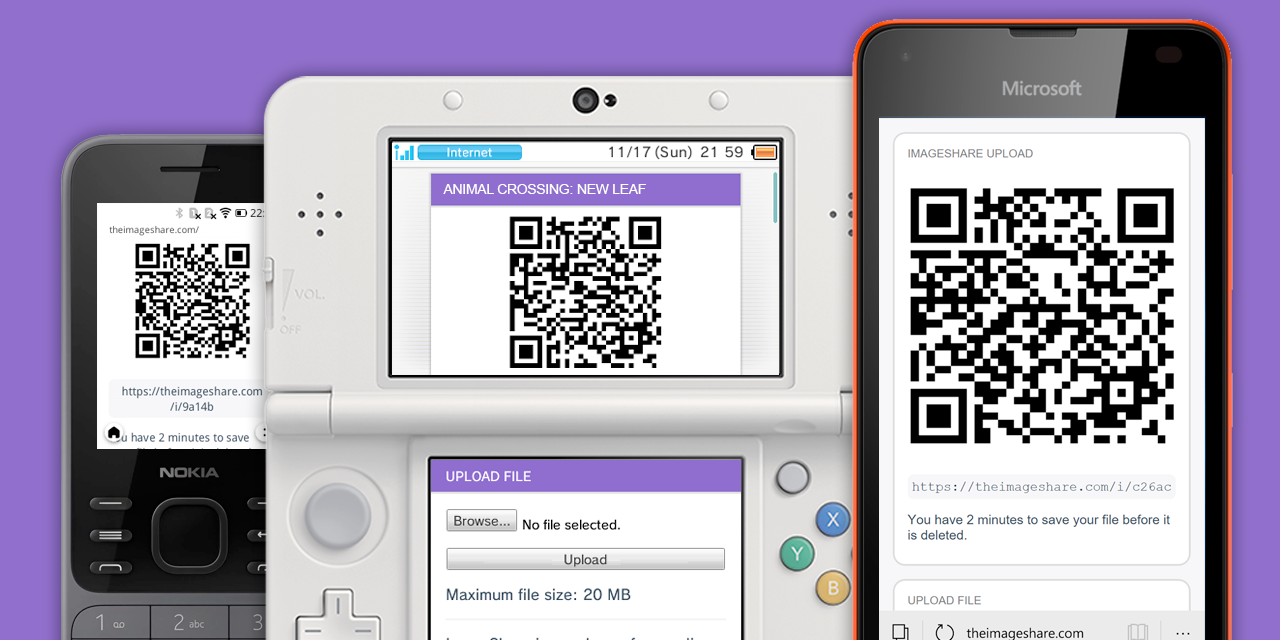



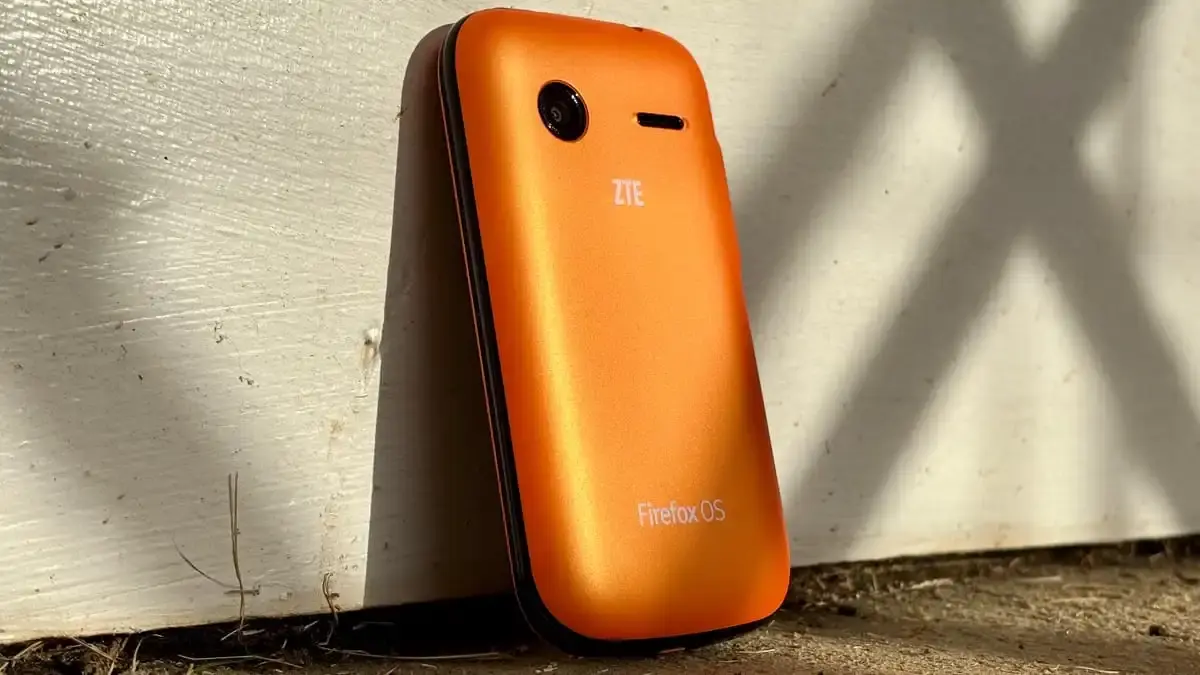



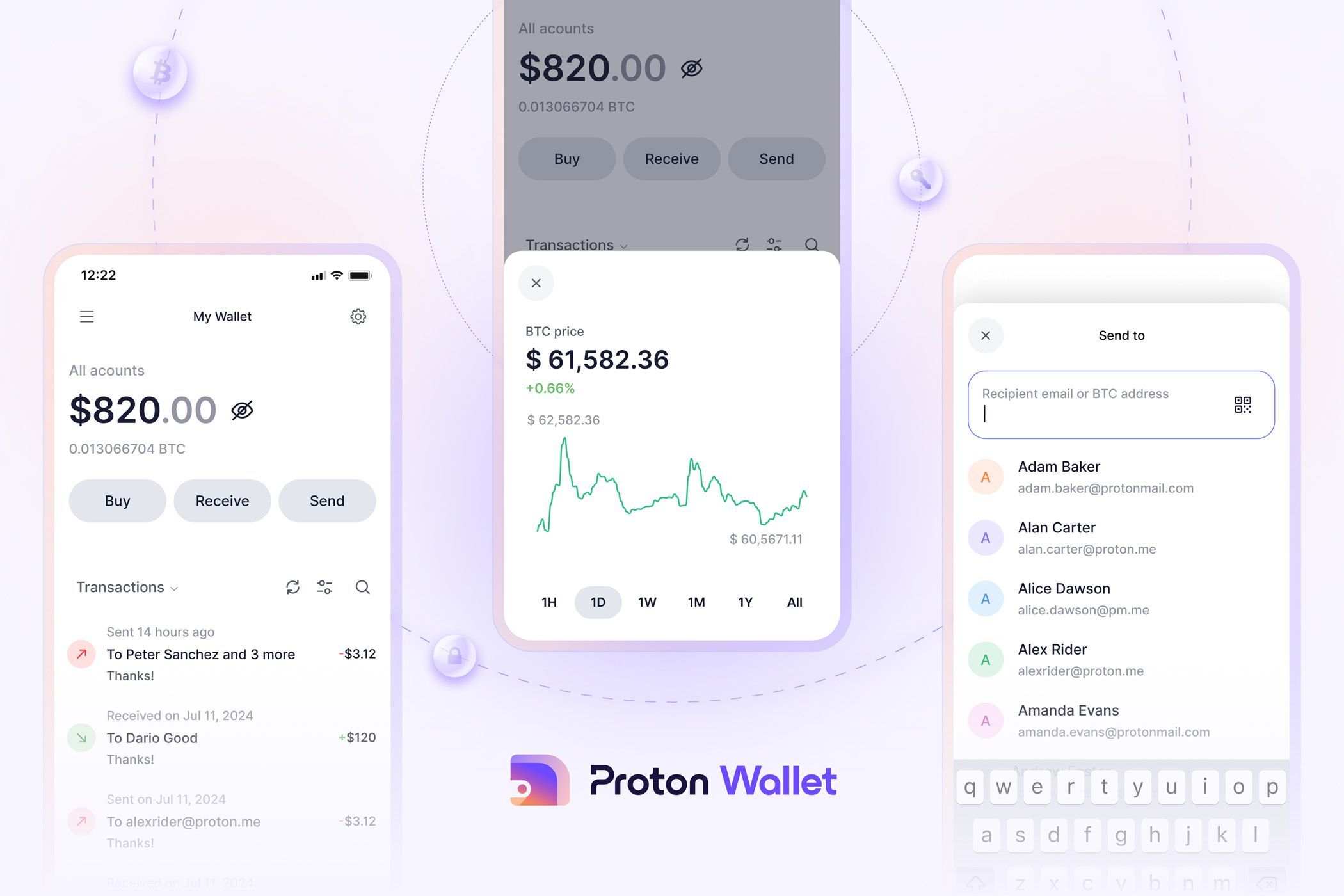
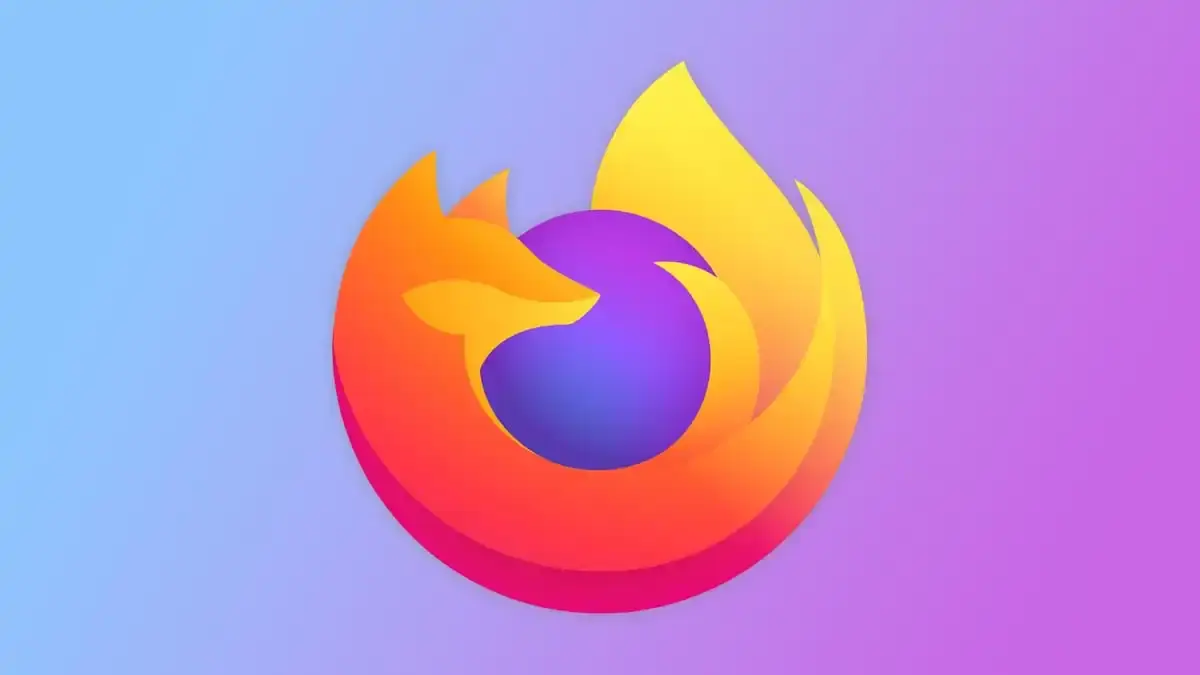


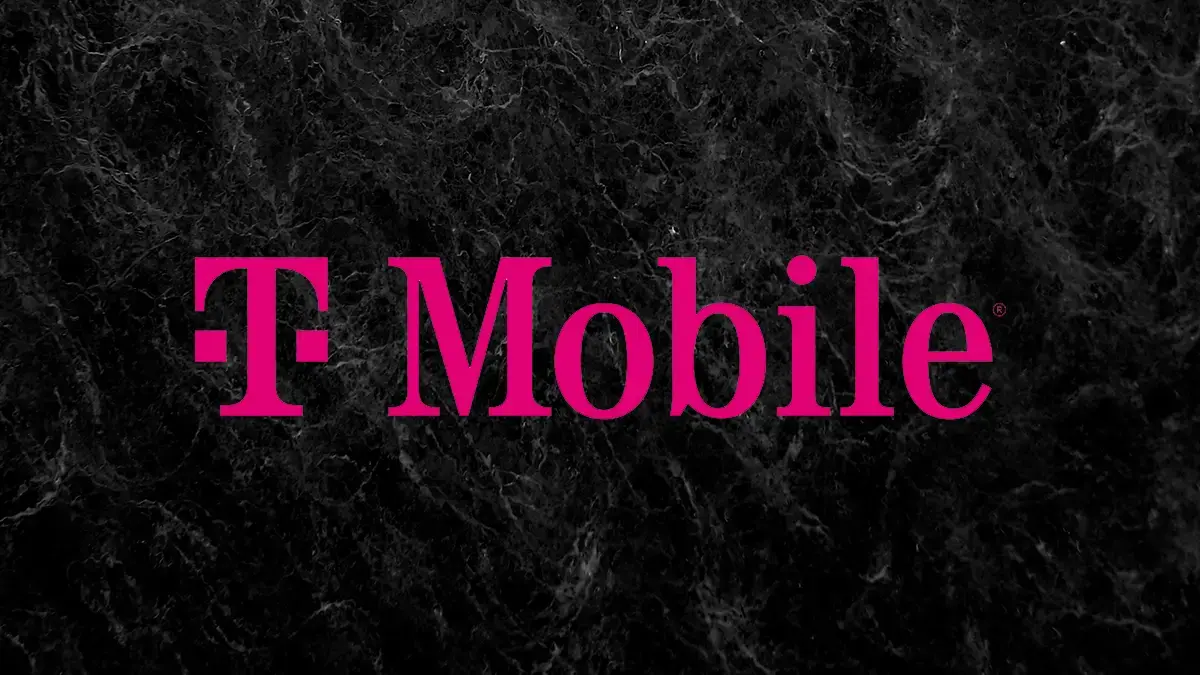
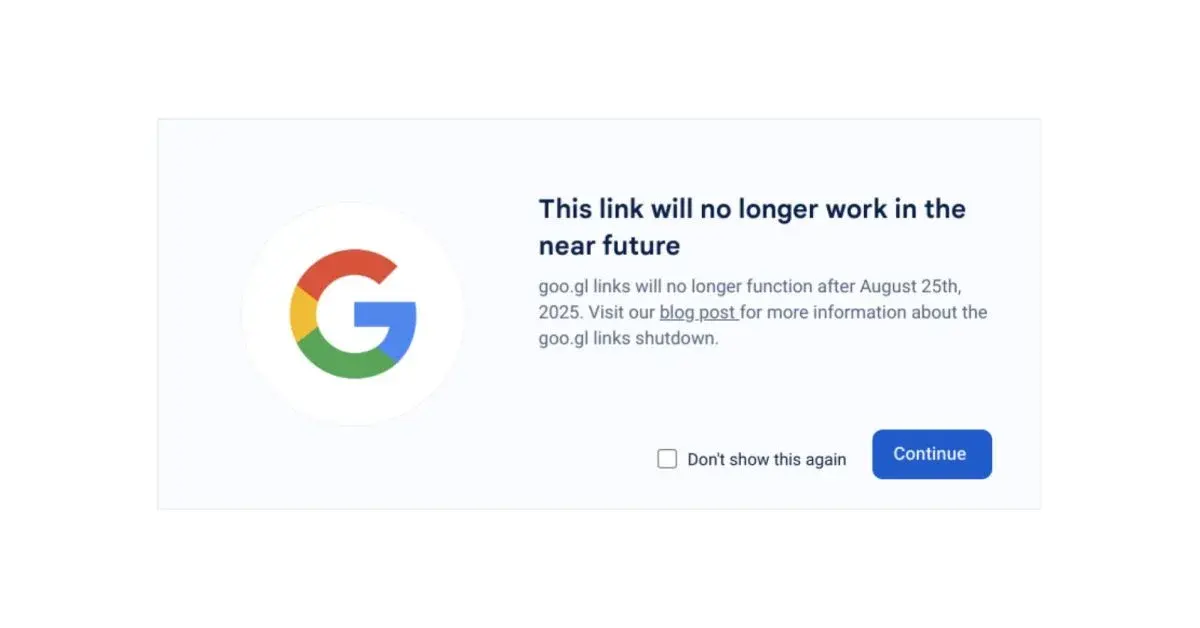
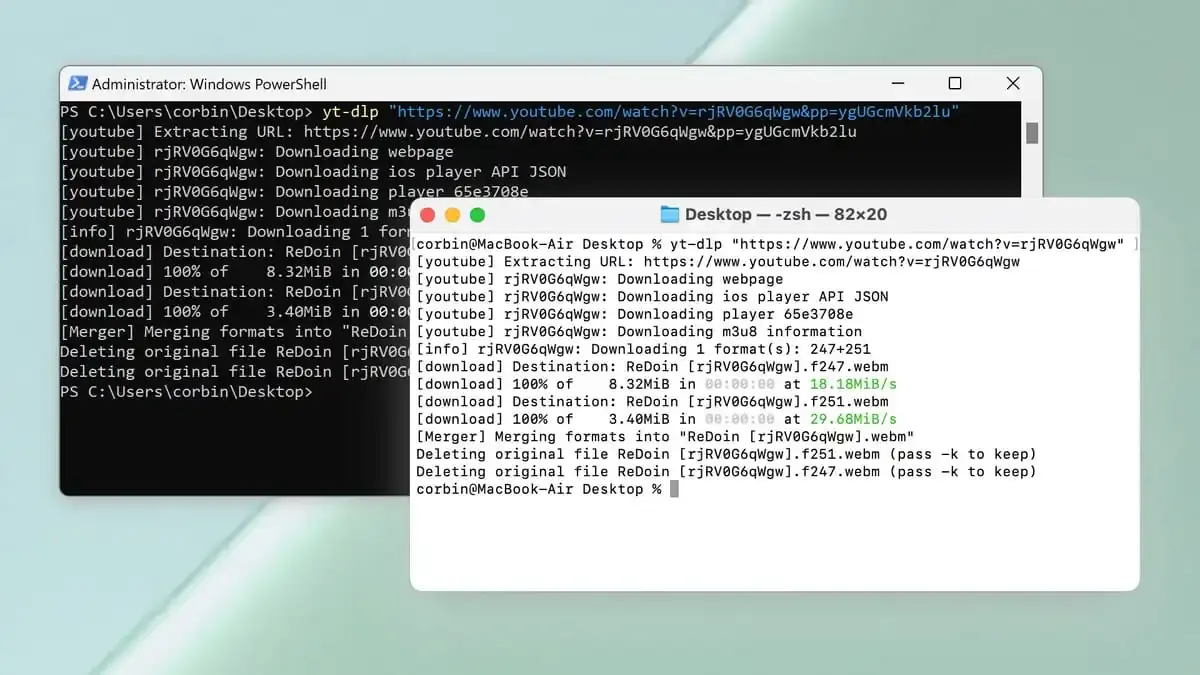
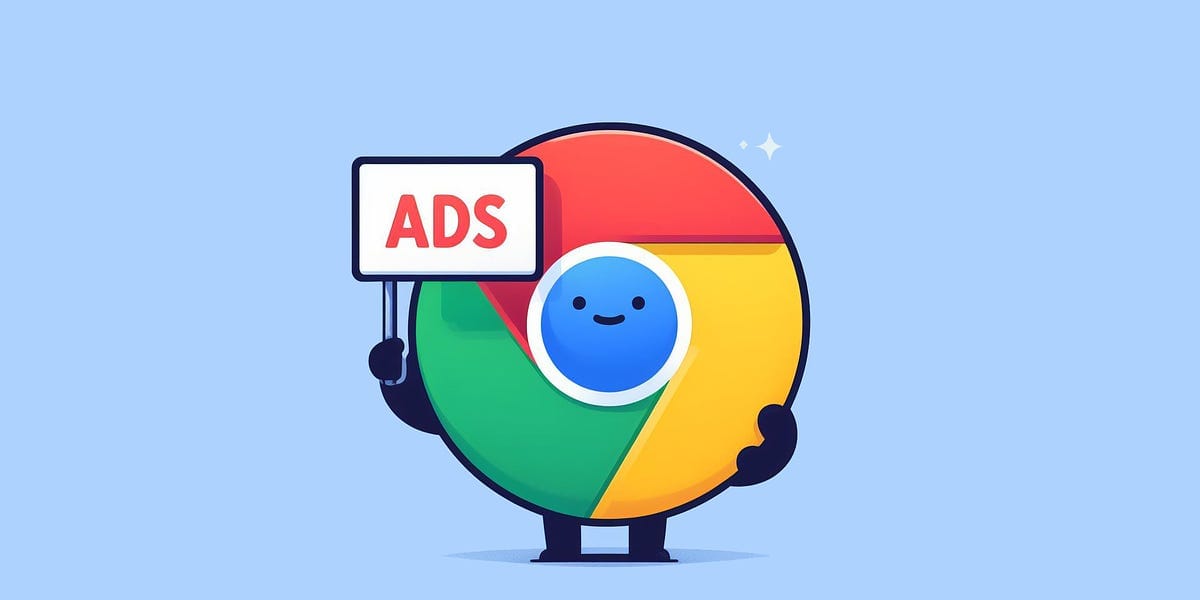



Most of the services Google kills are also because they “fizzled out”. If you scroll through the Killed by Google site, a lot of the stuff listed there were test apps or small-scale experiments that most people never heard about or cared to try, like all the apps under Area 120. There are a few high-profile examples (Reader, Stadia, etc) but they’re definitely not the majority, same as Mozilla.